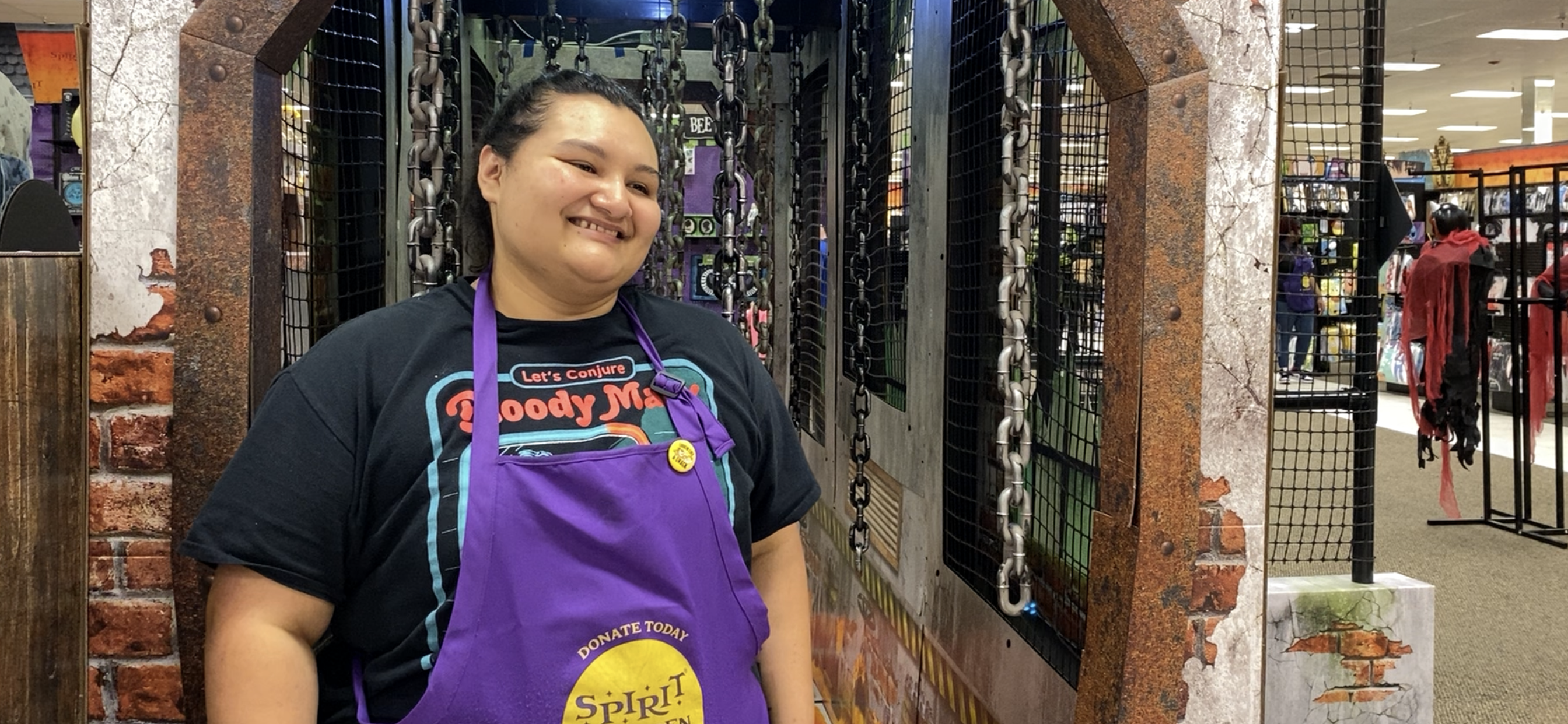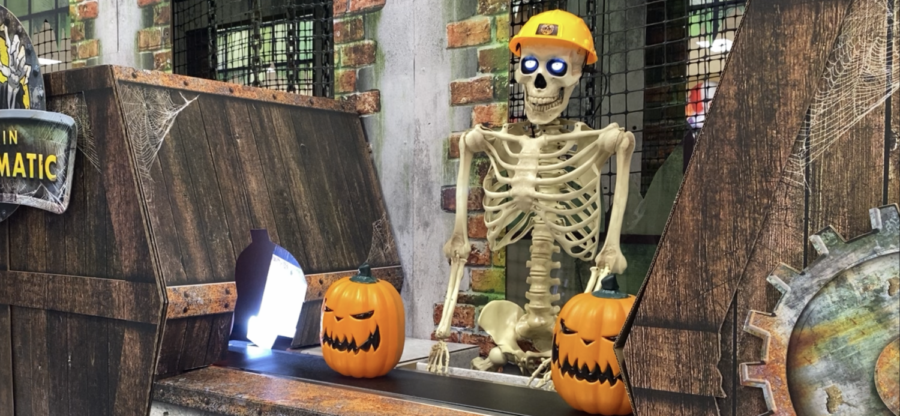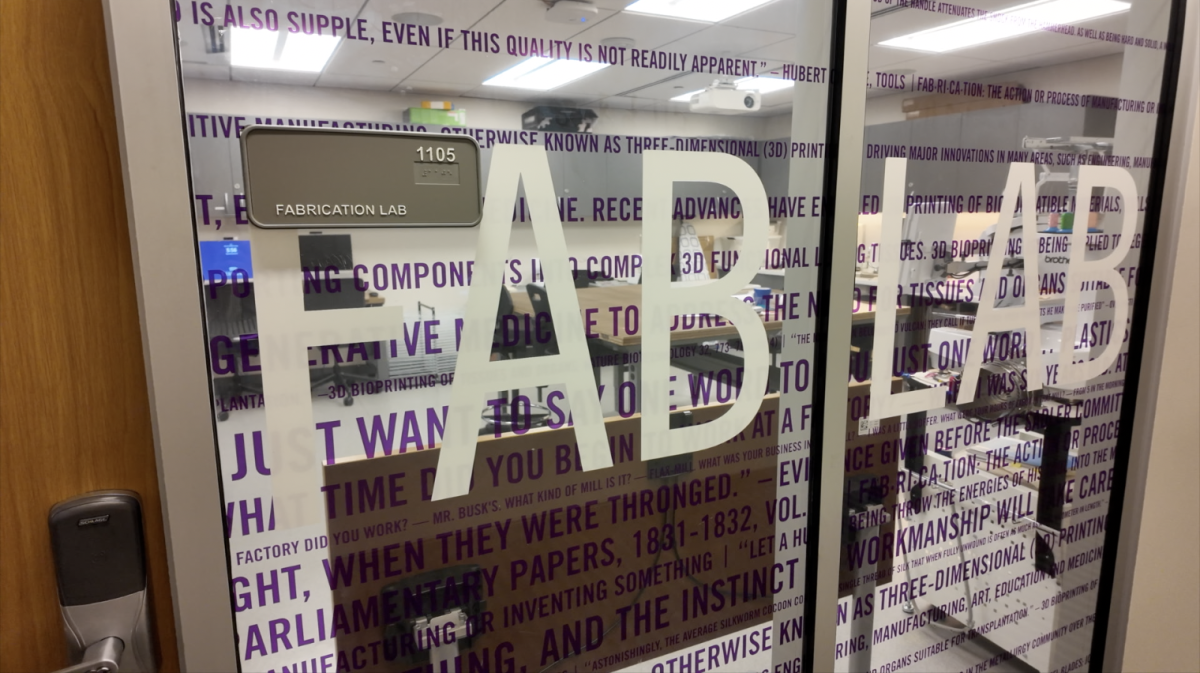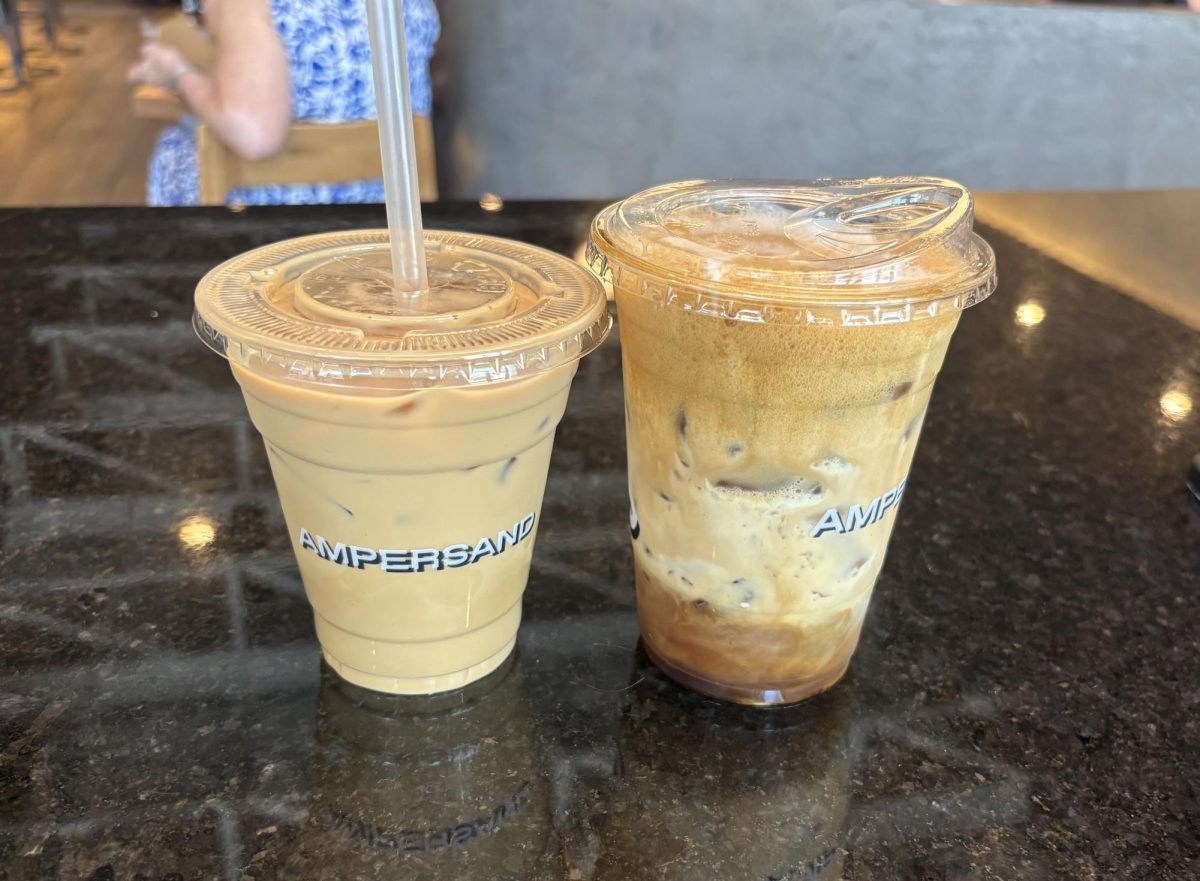With Halloween passing and Thanksgiving and Christmas approaching, customers are expected to be tarring through retail stores to buy their seasonal goods.
However, for seasonal stores like Spirit Halloween, suppliers were having a difficult time keeping up with the demand from customers this past month.
Workers at Spirit Halloween on Hulen Street, about a 10-minute drive from TCU, spread out the costumes, decorations and makeup to try to keep items stocked, but their efforts left empty shelves of items due to supply chain setbacks.
“We ran out of so much stuff, and there’s been families in here looking for everything going around town, but we can’t supply them because we don’t have it,” said the Spirit Halloween store manager. “When they leave with sad faces, I wish I could help.”

“Deliveries are supposed to happen once a week, we’ve been missing three weeks now because everything has been pushed back,” Sammie said.
Supply Chain Professor Travis Tokar from the TCU Neeley School of Business said the behind-the-scenes work is causing the delay in supplies because of diminished personnel.
“The shortage we are seeing, the supply chain chaos, comes down to people, labor,” explained Tokar. “They are having trouble finding people to run their factories. They’re having trouble finding people to load and unload trucks, to drive those trucks to get that stuff onto store shelves.”

“This all means for you and I, the stuff we want is nowhere to be seen,” Tokar said.
Supply chain is not just a seasonal issue, but because of COVID-19, every sector of business and production systems are experiencing a delay in products.
The continuous battle with COVID-19 mirrors the difficulties of the supply chain systems brought on by the pandemic.
“It affects Halloween costumes, Christmas decorations, cars, computers, you name it. All those shortages come down to the same issues.”










